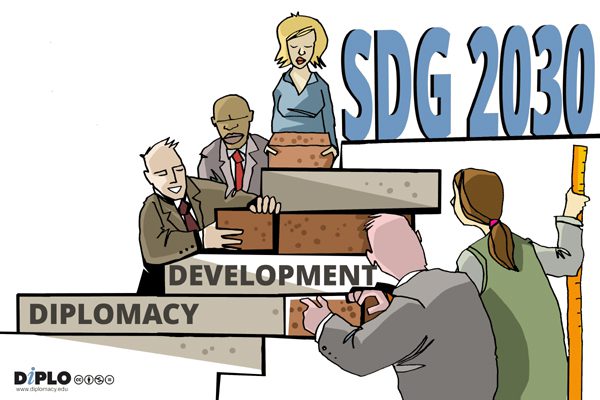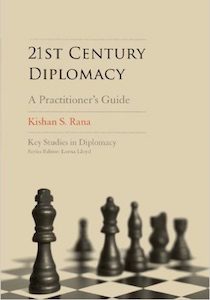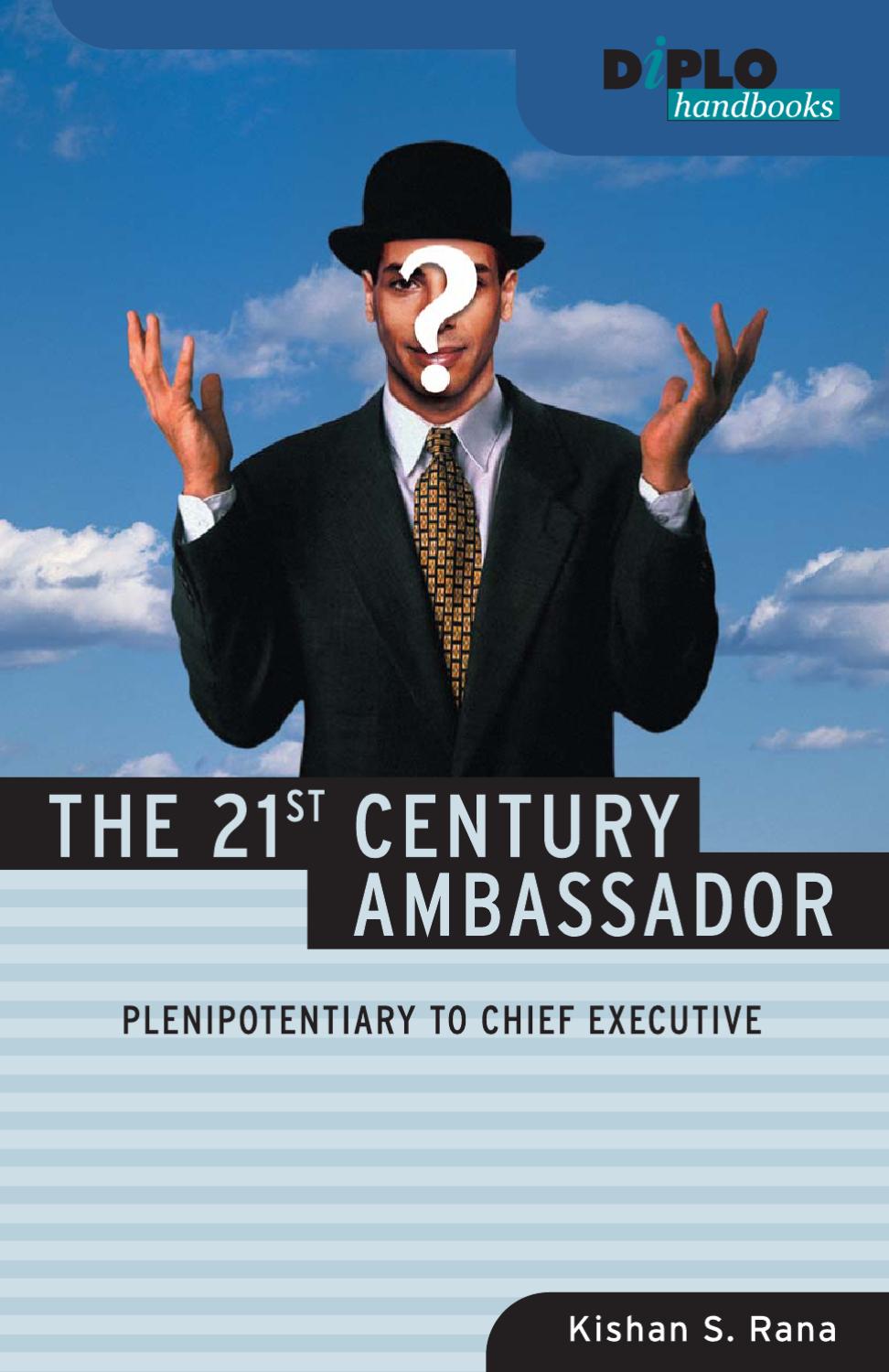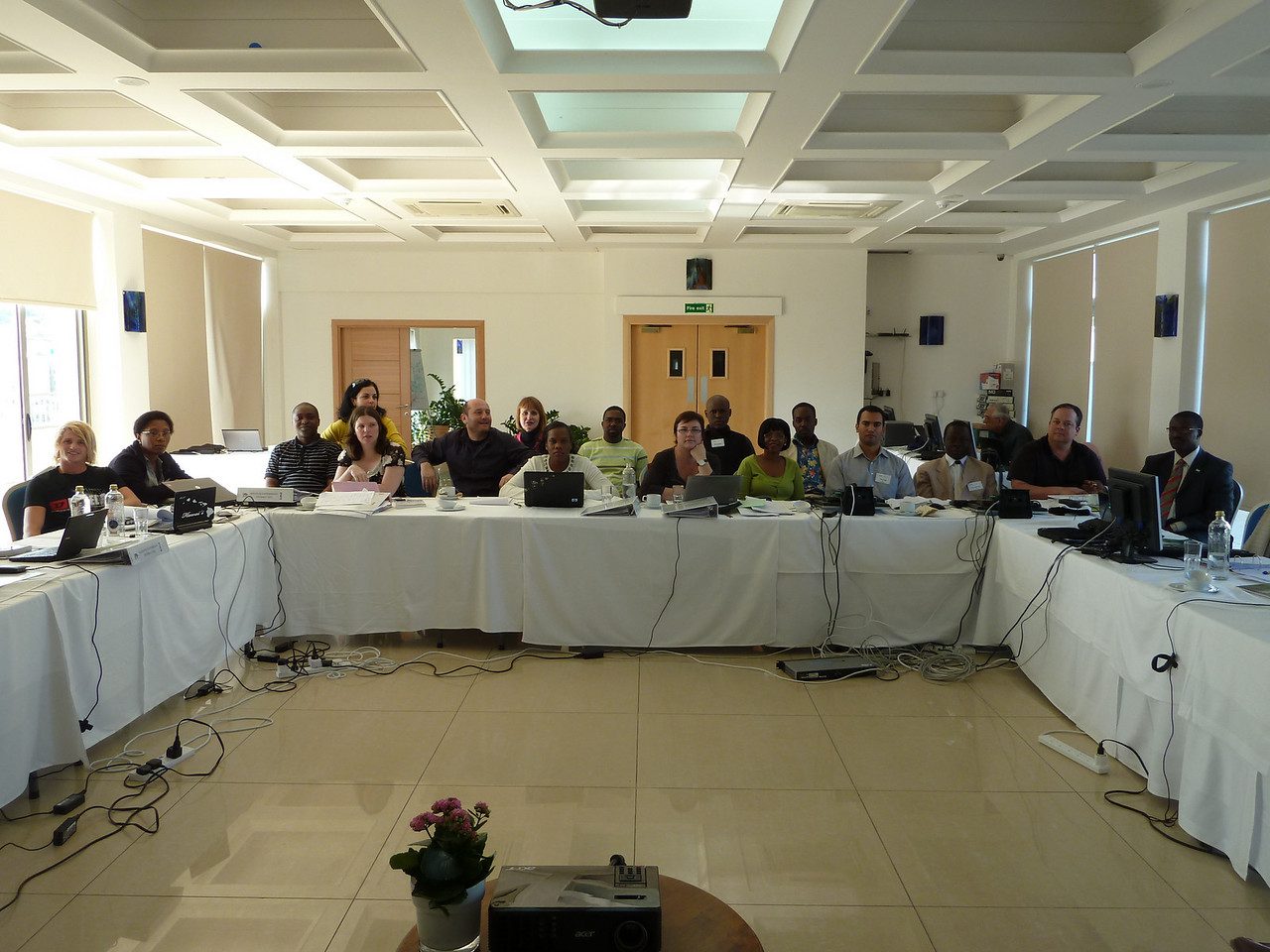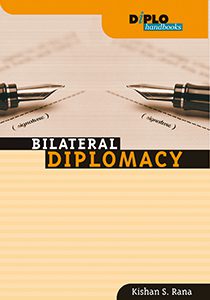Diplomatic reporting
Focus: Hybrid reporting (AI/human) from the UN Security Council, UN General Assembly 2023, and Internet Governance Forum 2023
Consult a report from the webinar ‘Will AI take over diplomatic reporting?’
Information is the lifeblood of the diplomatic services with diplomats, like veins and arteries, reporting from their posts back to their home countries. These diplomatic reports, or cables, as they are more commonly known, keep information flowing; they help co-ordinate activities and prepare the groundwork for decisions.
While reporting remains an intellectual activity requiring good judgment, good cognitive skills, and a good writing style, it, too, has been affected by the Internet. What should be reported? How should diplomats integrate into their cables what has already been published by journalists, bloggers, and other providers of information? What value do diplomatic reports add to the already available information and analysis provided by Wikipedia and blogs, among others? What is the usability of the new generation of artificial intelligence tools for summarising texts?
This portal explores the function of diplomatic reporting and the impact of technology on this important function.
What is diplomatic reporting?

One way to look at diplomatic reporting is to consider it as one facet of a broader and more general phenomenon – the flow of information. Transmission of information is a basic human activity that in one form or another takes place all the time and under multiple circumstances. It is a product of instinct combined with need. Like any other method of information flow diplomatic reporting needs to have its own recognisable structure. It has to emerge from a clearly defined context. It needs direction and purpose. It should avail itself of whatever means of communication are currently available.
Two contrasting aspects characterise the flow of information in whatever form it is conducted. On the one hand once information exists there is both the need as well as the natural tendency for it to flow outwards. One may put this in another way. Information cannot exist in isolation. There is the need for a human recipient, as much as a human conveyor, for facts and events to become information. The underlying thrust is therefore towards all type of reporting, including diplomatic reporting, to become open and unrestrained.
The question is the extent to which there are limits to this openness, and furthermore who decides on these limits. This leads to another, and contradictory, aspect of the issue of information flow. Information is a form of power. Withholding information is a means for one individual or a group of individuals to exercise control over others.
On the whole, technology has been on the side of the moves towards freer flow of information, though it has occasionally also been used for the opposite purposes. The major breakthrough came with the invention of printing. One could go back even further, to the invention of writing. The latest breakthrough is represented by the internet. It is useful to put the Internet phenomenon in this historical context. In the way it is evolving, Internet forms part of the age-long contest pointing towards a freer and more open flow of information.
Excerpt from Diplomatic Reporting in the Internet Era, a paper by Ambassador Victor Camilleri.
What’s next?
Join us for the various events related to data diplomacy, and get in touch with us:
- Enrol for Diplo’s E-diplomacy online course
- Learn more about Diplo’s Data Diplomacy research project, in collaboration with the Finnish Ministry of Foreign Affairs
- Join the online discussion on e-diplomacy; connect with bloggers and share your ideas and experiences
- Subscribe to DiploNews, Diplo’s bi-monthly e-newsletter
From our blog
What is the future of PDF on its 30th anniversary?
14 September 2023
Digital diplomacy, Digital standards, Diplomatic reporting, Diplomatic service
We use PDF (Portable Document Format) so much in everyday activities that we often take it for granted. But PDFs haven\'t always been around. In 1993, Adobe (formerly Adobe Sys...
Will AI take over diplomatic reporting? – WebDebate #56 summary
09 February 2023
The question at the first WebDebate of 2023 was: Will AI take over diplomatic reporting? Four speakers joined us to try and answer t...
Diplomatic reporting: Structure and style
01 November 2022
As the number of diplomatic actors, as well as the means of their activities, grow (or at least it always seems so), the question what diplomats actually do is by no means a rhetorical one. At fi...
X-Ray of the 76. UN General Assembly
12 October 2021
Cybersecurity, Diplomatic reporting, Future of meetings, International organisations, Multilateral diplomacy, Remote participation, Rights of future generations
After a year of online meetings, many heads of states returned to New York for the high-level session of the UN General Assembly (UNGA) session during the third week of September. Around 40% of the leaders delivered s...
Training and courses
Events
The Power of the Unsaid – Diplomatic Communication in the AI Era (Workshop)
25 Apr 23 - 25 Apr 23
Serbia, Southeast Europe
Will AI take over diplomatic reporting? (WebDebate #56)
07 Feb 23 - 07 Feb 23
Resources
2013
The impact of the Internet on diplomatic reporting: how diplomacy training needs to be adjusted to keep pace
Over the last 20 years, the Internet has changed the ways in which we work, how we socialise and network, and how we interact with knowledge and information.... Read more...
2011
21st Century Diplomacy: A Practitioner’s Guide
In the 21st century, new kinds of challenges resulting from interdependence among states and globalisation have had a determining impact of the conduct of diplomacy. Diplomacy has become multifaceted, pluri-directional, volatile and intensive, due to the increased comp... Read more...
2011
Feedback in Diplomatic Reporting
Extracts from The 21st Century Ambassador, by Ambassador Kishan Rana (DiploFoundation, 2005) – Chapter 3: "On Feedback in Diplomatic Reporting". ... Read more...
2011
Diplomatic Reporting in the Internet Era
Paper delivered by Ambassador Victor Camilleri during the E-diplomacy panel on Diplomatic Reporting in the Internet Era after WikiLeaks, held on 9 February, 2011.... Read more...
2011
Diplomatic Reporting: No need to compete with media (CNN, BBC)
In the late 1990s, when Ambassador Nabil Fahmy became Egyptian ambassador in the United States, he decided to change diplomatic reporting from his embassy. Although it was in the early days of the Internet, most of his reasoning about diplomatic reporting is as relevan... Read more...
2007
Bilateral Diplomacy
Bilateral Diplomacy is the first of the DiploHandbooks, a new series on practical diplomacy. The book breaks new ground in the role ascribed to bilateral diplomacy, and its importance in international affairs today. It also covers the de facto “empowerment” of the ... Read more...
2001
Texts in diplomacy
Part of Language and Diplomacy (2001): Professor Dietrich Kappeler provides an overview of the various types of formal written documents used in diplomacy, pointing out where the practices surrounding these documents have changed in recent years. He also discusses mult... Read more...
2001
Documenting diplomacy, Evaluating documents: The case of the CSCE
Part of Language and Diplomacy (2001): Rather than individual documents, Dr Keith Hamilton looks at the process and purpose of compiling collections of documents. He focuses on his own experience as the editor of Documents on British Policy Overseas, and particularly o... Read more...


